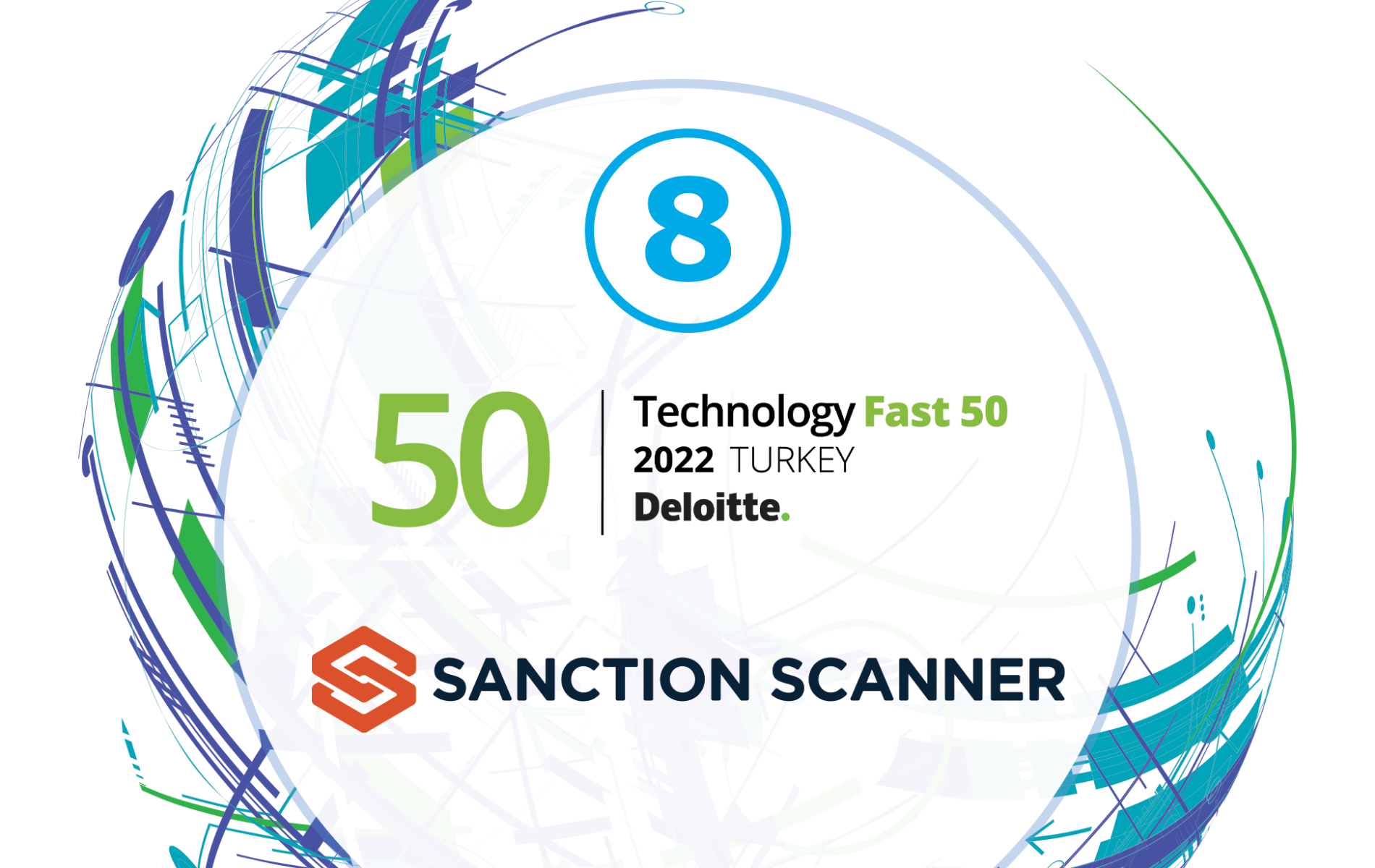With the global expansion of online businesses, online business fraud has also increased, exposing users to various hazards such as identity theft and other financial loss. Most companies are working tirelessly to eliminate crime, and it is predicted that by 2023, businesses worldwide will spend $9.6 billion per year on anti-fraud measures (Morrow and Maynard, 2020). As a result, the overall system desperately needs practical solutions that may help decrease the hazards of financial crime while also ensuring user security. At this stage, the AML transaction monitoring service comes into play.
A Highly Vulnerable Industry: Online Business
Within a decade, the online selling and purchasing trend has risen, resulting in a massive influx of money into the digital economy. This is the key reason criminals have participated in illegal operations that have resulted in a slew of losses for skilled users, including incidents related to AML fraud. Most typical online businesses and eCommerce stores, as well as online banks and financial institutions, lack effective identity verification measures that prevent scammers from opening accounts and using them for multiple crimes. Fraudsters are also involved in money laundering through online businesses by investing their money in the industry.
Online business fraud is typically committed by hackers who utilize a variety of hacking tactics to obtain user passwords and take over their accounts, allowing them to conduct illegal transactions. Authorities worldwide have also expressed their concerns in the wake of escalating frauds in this industry, instructing their respective countries to enact strong regulations to avoid illegal activity. Multi-factor authentication may be a perfect solution for online organizations because it allows businesses and users to add an extra security layer to their accounts, preventing scammers from registering illegally.
Recent Crime Cases in Online Businesses
Online firms have become extremely important to the global economy, with countries earning massive exports. However, prevalent online business fraud in the industry poses significant hazards to the broader system, prompting law enforcement to take immediate action against the perpetrators. Global regulatory authorities and countries are working tirelessly to combat scams and make digital platforms more secure for users.
£13.7 Million Scam in the UK
Authorities in the United Kingdom executed a raid and apprehended four individuals who were involved in a £13.7 million online business fraud. According to the investigations, scammers were utilizing advanced hacking tactics to manage different users' and corporations' accounts and carry out fraudulent actions. They were laundering money to other countries through various channels, including banks and financial institutions. The entire gang was sentenced to 15 years in prison.
60 Arrested in Connection with Online Business Fraud
European police, assisted by law enforcement officers from 19 different nations, conducted a massive raid, detaining 60 criminals from various backgrounds involved in online business fraud, which often includes elements of AML fraud. During the inquiry, it was determined that scammers were using stolen identities and fraudulent credit card information to make purchases on various online shopping platforms. According to police, for a few years, fraudsters carried out over 6500 fraudulent transactions for a few years, causing businesses to lose 5 million euros.
6 Common Types of Online Business Fraud
To secure your e-commerce site, the best strategy to battle online business fraud is first to establish why fraud occurs in the first place and then design tactics to avoid and guard against these attacks. To begin, you should determine the sort of fraud on your platform and address it immediately.
Scammers can use a variety of schemes. However, some of the most common types of online commercial fraud are as follows. These strategies have proven effective against both small and large e-commerce websites. Recognizing them now can save you from becoming a victim later.
1. Card Testing Fraud
Card testing online business fraud is a common method of defrauding online businesses. Card testing fraud, for example, increased by more than 200 percent in 2017, accounting for 16 percent of total online business fraud and 7 percent for larger e-commerce firms, highlighting the need for robust AML fraud prevention measures.
Card testing fraud occurs when someone obtains one or more stolen credit card numbers through theft or purchasing card data on the dark web. Despite having credit card numbers, they do not know whether the card numbers can be used to execute a transaction or the credit card limit successfully.
Fraudsters visit an e-commerce website and make modest test purchases, frequently using scripts or bots to test several credit card numbers quickly. These initial purchases aim to determine whether the credit card can be used to complete transactions. They will start making even larger purchases when they realize that a credit card number works.
Finally, the initial little purchase testing strategy is frequently overlooked. When larger purchases are made, merchants and impacted customers usually realize they have been victims of card testing fraud. They may have been able to make many large purchases using stolen credit card information by that point.
2. Friendly Fraud
A friendly online business scam is when someone buys a service or item online, claims the transaction is invalid and requests a chargeback from their processor. The credit card company or bank reimburses the consumer for the transaction value.
In a chargeback scam, a person makes assertions that appear credible and honest, and in certain situations, that person may be correct (thus the term 'friendly fraud'). However, friendly fraud can be employed to obtain free things. For example, a scammer may purchase a product from your online store and claim that the product was never shipped. They can inform their credit card companies that they have returned the product to the seller but have yet to receive a refund. In addition, they can say that they canceled the transaction, but it was sent to them anyway.
Scammers can employ friendly fraud tactics to obtain free items or services, creating additional challenges for AML fraud detection and prevention.
3. Refund Fraud
Refund online business fraud occurs when a stolen credit card is used to make a transaction on an e-commerce website. The scammer then contacts the e-commerce company and seeks a refund due to an unintentional overpayment. They want a return for the excess amount but then explain that the funds must be remitted in another manner because their credit card has been closed. Finally, the original credit card charge is not returned, and the e-commerce business is liable to the card owner for the entire amount.
4. Account Takeover Fraud
When someone acquires access to a user's account on an e-commerce store or website, this is referred to as account takeover online business fraud. This can be performed in various ways, including stolen passwords, security codes, or effectively distributing a phishing operation.
They can engage in fraudulent activity once they have gained access to a user's account. They can, for example, change a user's account information, make purchases on e-commerce sites, withdraw funds, and even gain access to other accounts for this user. Account takeover fraud is a dangerous identity theft that costs victims and your retailer's reputation. In addition, customers who believe their data is at risk on your website or e-commerce store are less inclined to purchase and will explore competitors with tighter security measures.
5. Interception Fraud
Interception online business fraud occurs when fraudsters place orders on your e-commerce website with billing and shipping addresses that match information from a stolen credit card. After placing the order, they aim to intercept the package and seize the contents themselves.
First, they may request that your company's customer service agent update the address on the order before it is dispatched. By doing so, they hope to receive the goods while the victim makes the payment. They can also contact the shipper to have the package rerouted to a different address. They may even wait for the parcel to be delivered physically, sign for it, and take it for themselves if they live close to the target.
6. Triangulation Fraud
Triangulation online business fraud necessitates three distinct types of actors: the perpetrator, a shopper, and an online store. First, the fraudster creates a storefront and sells high-demand items at low costs.
Setting up this storefront attracts several genuine customers looking to take advantage of a fantastic deal. When these clients make purchases on the fraudster's website, the scammer buys legal goods from your e-commerce website. Then it buys legitimate products from your e-commerce website and sends them to its customers. While the clients of the fraudster's business may receive genuine goods at a ridiculously low price, the victims are individuals whose credit cards have been stolen and your e-commerce website. Your e-commerce store provides simple things to the fraudster after they place orders with stolen credit card information.
Global Regulations to Curb Online Business Fraud
The FATF, the EU, and Interpol have all expressed concern about increased money laundering and terrorist financing via online businesses. As a result, the FATF has issued detailed guidelines binding on all member states to implement strict crime prevention measures.
US
The United States has taken a harsh stance against pervasive cybercrime in the eCommerce and online business sectors, including AML fraud. Although each state has its rules, the Federal Trade Commission (FTC) monitors the entire market to ensure that businesses take strong anti-crime measures. All B2B businesses and eCommerce stores have been instructed to report any violations or suspicious activity to the FTC, addressing not only fraud but also AML fraud concerns.
UK
The Fraud Act of the United Kingdom governs all types of illegal activity on digital media. This act requires all internet firms to keep a close eye on their customers and monitor all forms of financial activities. It has also been directed that digital platforms implement Know Your Customer (KYC) checks while keeping detailed transaction history and records that can be used in the event of a crime.
Canada
Section 342 of the Canadian Criminal Code states that stealing and exploiting any online information is a criminal act punishable by jail and hefty fines. Following this section, law enforcement agencies have undertaken multiple raids in the recent past, arresting criminal gangs and punishing them in court.




